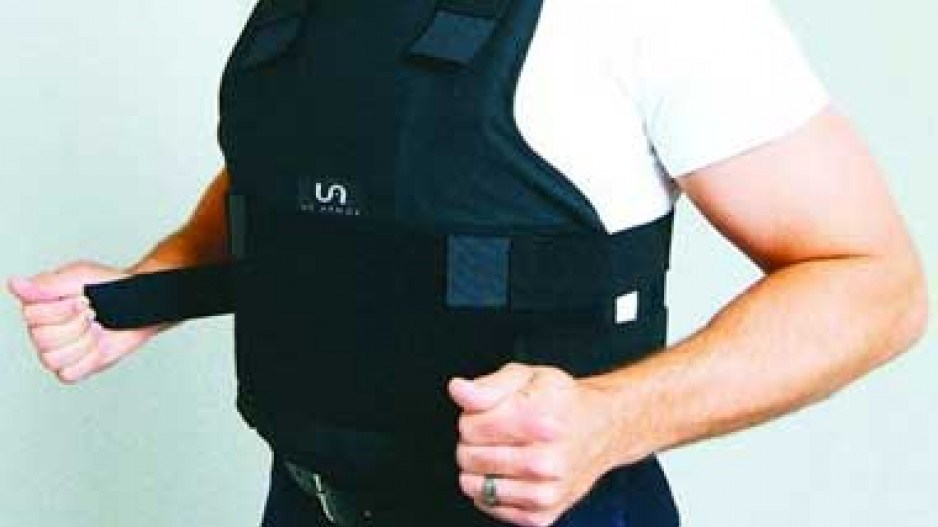The Liquor Control and Licensing Branch (LCLB) is negotiating with an undisclosed supplier for 40 new sets of body armour.
Documents obtained by Business in Vancouver via the Freedom of Information show that an incident witnessed by LCLB deputy minister Karen Ayers in 2006 was the catalyst for procuring the protective gear.
Ayers and enforcement officers Doug Dyck, Steve Barron and Heather Lahoda were chased out of a Richmond restaurant during an after-hours inspection. Two of them were assaulted, but their names and injury descriptions were censored from documents provided to BIV.
“Patrons inside a Richmond restaurant became extremely aggressive and began throwing items at our team,” wrote Ayers in an email memo to staff dated June 12, 2006. “We retreated into the parking lot outside the restaurant, and were followed by the patrons.”
A request to interview Ayers was refused.
A status update July 13, 2006, said the licensee at 330 Bubble Tea agreed to the alleged liquor contraventions and signed a waiver agreeing to the branch’s recommended penalty of immediate cancellation of the liquor licence.
LCLB undertook a review of procedures for the 35 inspectors and investigators in Victoria, Vancouver and Surrey and 11 field offices who are responsible for investigating and inspecting 8,800 licensed establishments.
Concealable body armour and slash-resistant gloves were proposed to protect staff from being stabbed or slashed by broken bottles, glasses, knives and pool cues. External body armour was ruled out because it could attract attention.
“Given the potentially volatile and unpredictable nature of patrons who have been consuming alcohol it is imperative (to effectively undertake compliance and enforcement activities) that inspectors remain anonymous, drawing as little attention to themselves as possible,” said the report.
LCLB contracted Pacific Safety Products of Kelowna for body armour in late 2006.




.png;w=120;h=80;mode=crop)